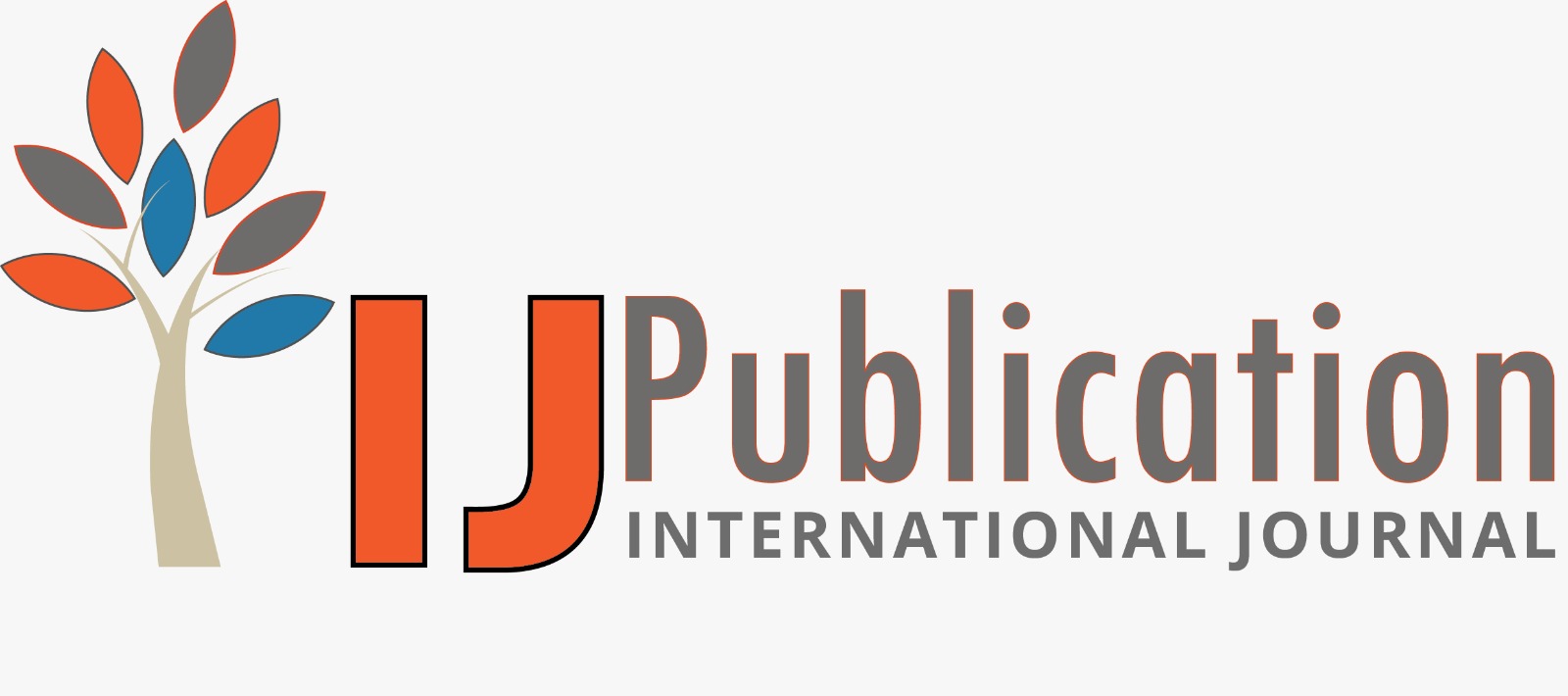Rajkumar Kyadasu Reviewer
15 Sep 2025 04:53 PM
 Approved
Approved
Relevance and Originality
The article effectively captures a critical transformation occurring at the intersection of artificial intelligence and mobile banking. Its emphasis on both technological advancement and ethical risk positions the work as highly relevant in today’s rapidly evolving fintech landscape. By focusing on underserved regions and the potential for AI to bridge financial access gaps, the research delivers original insight into how intelligent systems can shift traditional banking paradigms. The dual focus on innovation and responsible use makes it especially valuable for discourse on aiinbanking financialinclusion ethicalinnovation.
Methodology
The article appears to take a high-level, conceptual approach, discussing practical AI features such as automated onboarding, personalized services, and algorithmic credit assessments. While this approach gives breadth to the analysis, it lacks clarity on how the data or technologies were evaluated. Inclusion of a defined research design—be it case-based, comparative, or empirical—would improve methodological rigor. This would also allow for a more structured understanding of how ethical issues are measured or assessed across geographic contexts aiapplications evaluationframework fintechmethodology.
Validity & Reliability
The arguments presented are consistent with ongoing developments in AI-powered financial services, particularly in areas such as data ethics, discrimination risks, and digital privacy. The concerns around algorithmic bias and opaque decision-making are legitimate and timely. However, the reliability of the insights would be greatly improved through empirical validation or concrete examples from markets where such AI systems are actively deployed. This would help test the scalability and real-world implications of the proposed governance frameworks ethicalrisk algorithmicaccountability techvalidation.
Clarity and Structure
The article is clearly written, with a logical structure that moves from technological promise to ethical tension and then to governance considerations. The transitions between these topics are smooth, and the content is accessible without sacrificing depth. Regional comparisons and calls for diverse stakeholder inclusion are well-articulated. Nevertheless, the clarity could be enhanced by integrating subheadings or categorized examples to support key arguments and highlight variation across regions policyclarity ethicalstructure fintechnarrative.
Result Analysis
The discussion provides a thoughtful interpretation of AI’s transformative role in mobile banking, emphasizing the importance of region-specific, ethically grounded approaches. The conclusions are well-considered and offer meaningful guidance for future development, especially in balancing innovation with systemic equity aiethics mobilefinancialaccess responsibleaiadoption.








Rajkumar Kyadasu Reviewer